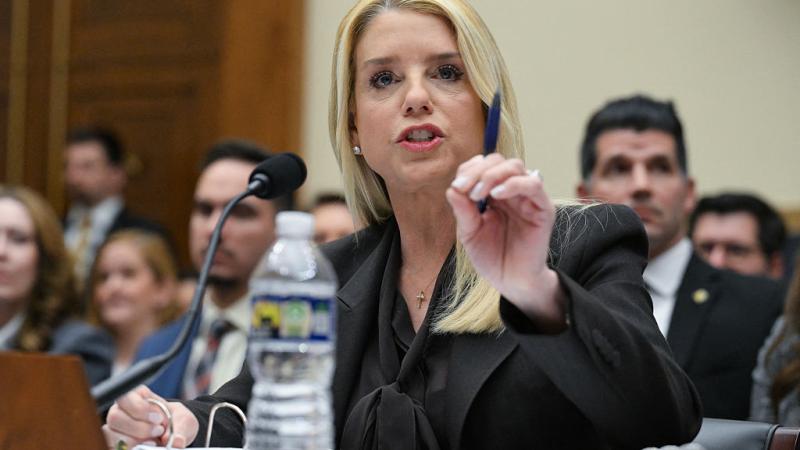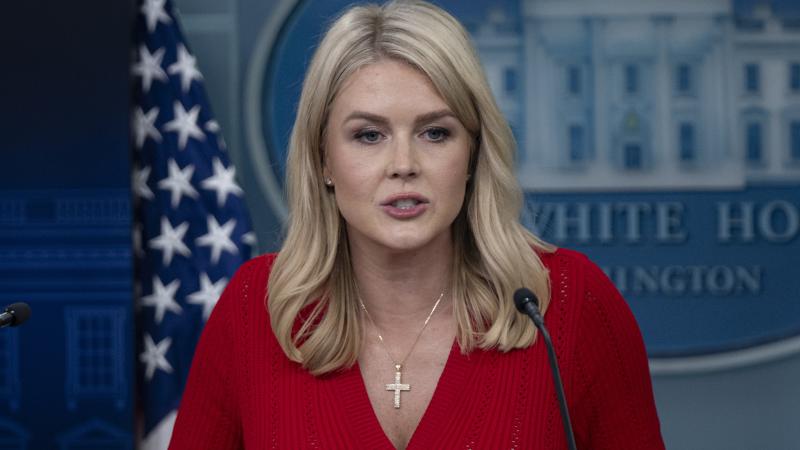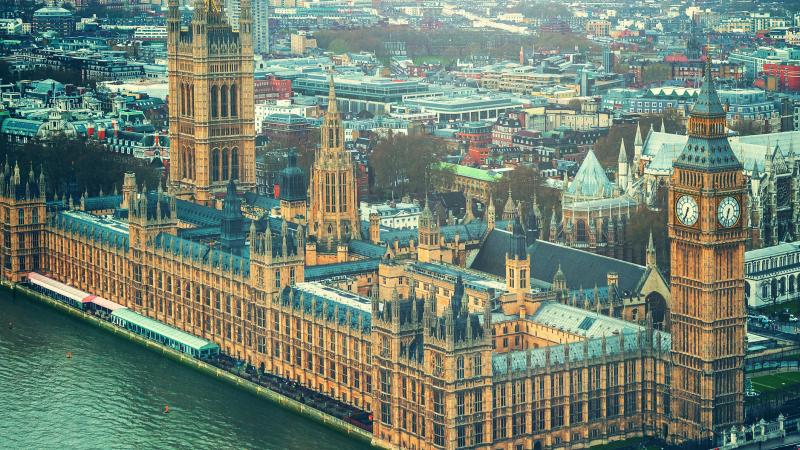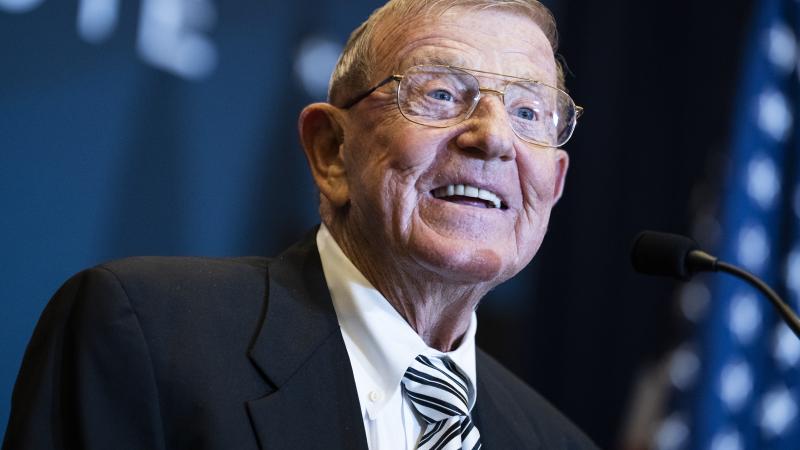Joe Biden, American voters on different pages when it comes to COVID
New Rasmussen poll: voters increasingly fear worst of pandemic isn’t over but they’re ready to move on from restrictions any way
As the pandemic enters its third year in the midst of another soaring outbreak, the American people and their president are on different pages of this non-fiction horror story.
Joe Biden prematurely declared the virus defeated in July, but Americans are increasingly convinced the worst of a pandemic that has already killed 800,000 citizens lies ahead.
Biden and his COVID sidekick, Dr. Anthony Fauci, also are preaching to cancel indoor New Year’s parties and to mask up as the Omicron variant speeds across the country on the same path as its Delta variant predecessor a few months back.
But the American people are signaling they want to move on from such restrictions, returning to life as normal while cognizant of the risks.
In other words, they’re tired of the big government lockdowns and flip-flopping advice and increasingly trust themselves to navigate the peril that lies ahead.
Those are the messages inherent in the latest polling from Scott Rasmussen unveiled this week, which found just 27% of voters now believe that the worst of the pandemic is behind us. The December figure is a stunning 29-point decline from Americans' peak optimism in May, Rasmussen said.
Nearly half of America – 46% to be exact -- now believes COVID-19’s worst wrath is yet to come.
Despite the pessimism, just 28% of voters want to see stricter lockdowns imposed, 53% are comfortable going mask-less in a public setting such as a restaurant and 74% declare they are close to resuming their normal life.
Likewise, more Americans are now worried about government imposing unnecessary restrictions (47%) than catching the deadly virus (43%.)
The signs that Americans are itching to return to normalcy and live with a virus that has proven far more persistent than medical experts predicted is apparent throughout Rasmussen’s poll results.
Nearly 3 in 5 voters believe the reluctance of some vaccinated voters to re-engage in social activities is hurting the economy.
“By a 49% to 30% margin, voters believe that President Biden and other leaders should encourage vaccinated Americans to resume a normal social routine more fully,” Rasmussen said.
The disconnect between Americans’ expectations and the federal government’s actions are taking a toll on Biden’s popularity, which began the year in the 50s and has continually sunk to a new low of 41% in December, Rasmussen said.
Rep. Byron Donalds, a freshman Republican from Florida, told Just the News that Americans’ frustrations emanate from their belief that a Washington-based solution to COVID – symbolized by Dr. Anthony Fauci’s frequent media appearances -- has been more about politics than science.
“You have too many people in the National Institute of Health and this quote, unquote, science apparatus that are political,” Donald said during a recent interview on the John Solomon Reports podcast. “They're looking to, and taking their cues, from political people. You know, I mean, Fauci is probably the poster child for this.”
Fauci dismisses such criticism, saying recently he is the representative of science. But Donalds believes people are ready to be trusted to make their own informed decisions.
“Instead of having just this one size fits all approach that big science follows, we have to get to the point where people are making decisions based upon the information in front of them,” he said. “There's multiple pathways for people to get through a pandemic, and manage a pandemic.”
Rep. Andy Biggs, R-Ariz., the outgoing chairman of the conservative House Freedom Caucus, suggested Americans’ sentiments likely explain why Biden this week changed his messaging and declared there isn’t a federal solution to COVID.
“They found out it is a lot more difficult to govern than to take potshots at it,” he said on Fox News this week. “….It’s very enlightening.”
“They should probably leave it to the states and the medical officers there. The states are closer to the people,” he added.
It isn’t just conservatives advocating for this position. The liberal New York Times editorial page recently published an editorial calling on Washington to change its posture from defeating the virus to learning to live with it.
“Nearly two years into the pandemic, it is clear that the coronavirus is not going to disappear anytime soon,” the newspaper declared. “Surges will happen, variants of concern will pop up and mitigation strategies will need to evolve. Yet too many Americans are still paralyzed with doubt and fear over each new uncertainty, as trust in government and other institutions to manage the virus ranges from shaky to nonexistent.
“It is past time to ask ourselves, as another Covid winter begins, if we have to keep living like this: Anxious over the unknown, worried about large indoor gatherings, tense at every bit of virus news and frustrated and at times contemptuous of fellow Americans who have a dramatically different sense of acceptable risk.”
















